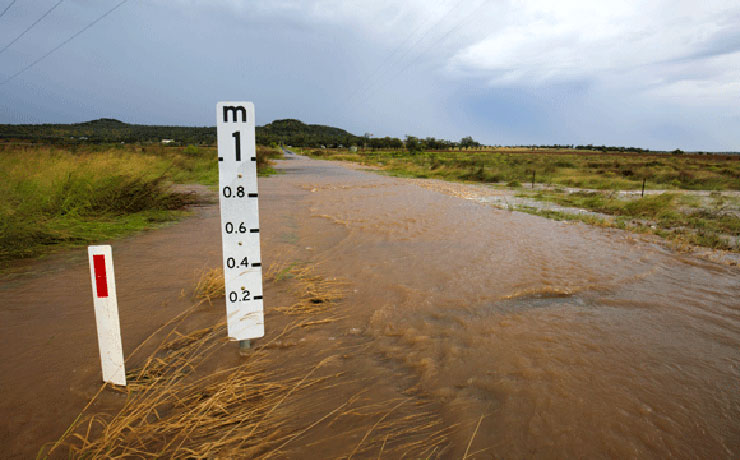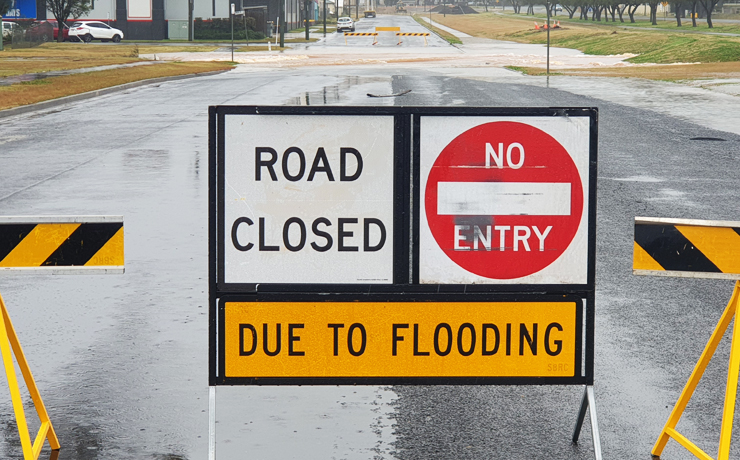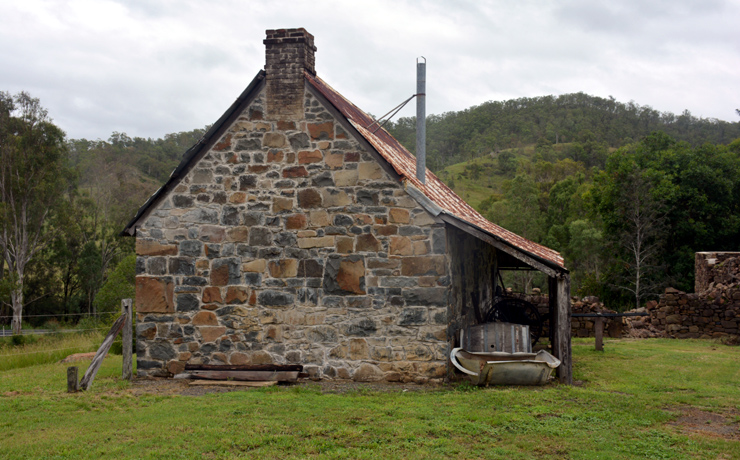
September 13, 2016
Resource companies wanting to take groundwater for mining activities will be subject to tougher assessment of environmental impacts under proposed new laws introduced by the Queensland Government.
Environment Minister Dr Steven Miles, who tabled the Environmental Protection (Underground Water Management) and Other Legislation Amendment Bill 2016 in Parliament on Tuesday, said the new laws will give the Environment Department greater power to scrutinise mining companies.
“Under the new laws, the Environment Department will have stronger, clearer powers to assess the potential environmental impacts of groundwater extraction as part of the environmental authority (EA) process,” Dr Miles said.
“That will mean a rigorous scientific assessment of the impact of mining projects on groundwater would be required before an environmental approval is issued for new mining projects.
“These laws address widespread concern about the LNP’s so-called ‘unlimited right to take’.”
Dr Miles said mining could have significant impacts on groundwater.
“This is why we will require scrutiny of groundwater extraction, through the EA process, which is open for public comment,” he said.
“This maintains proper environmental scrutiny of groundwater extraction impacts.
“Community objections will be allowed as part of the environmental approval stage, instead of the current objection process used in water licences.”
The new laws will apply to new EA applications received by the Department of Environment and Heritage Protection (EHP) for resource activities that include groundwater extraction under the new right to take.
Existing holders of a water licence, administered by the Department of Natural Resources and Mines (DNRM), would continue to operate under that water licence.
Companies which have applied for, or been granted an EA, but have not yet secured a water licence, would still need to seek a water licence from DNRM that involves an environmental assessment of groundwater impacts, subject to public scrutiny and third party appeals.
Dr Miles said the new laws would also strengthen protection for farmers and other rural landholders by improving the existing make good obligations under the Water Act 2000.
“The new laws will help landholders who are affected by gassy bores,” Dr Miles said.
“Gassy bores can damage farm equipment, can interrupt the flow of water from a bore, or can leave water in a condition where it is not fit for use on the farm.
“The Bill clarifies that make good obligations arise where underground water rights are the likely cause of impairment, even if there is an uncertainty.
“Companies would also be required to cover the costs of any alternative dispute resolution process and allow a cooling-off period for make good agreements.”
The new laws will also require resource companies to pay a landholder’s costs in engaging a hydrogeologist for the purposes of negotiating a make good agreement.























